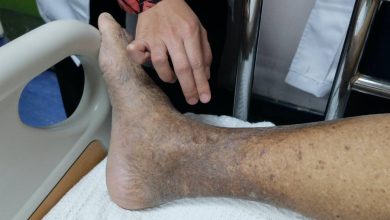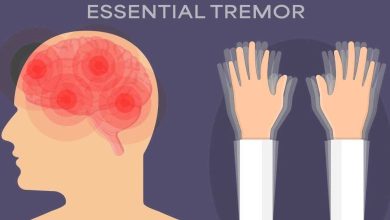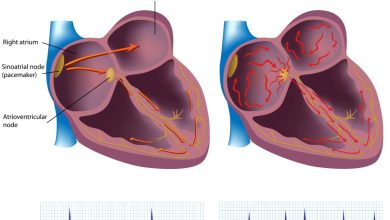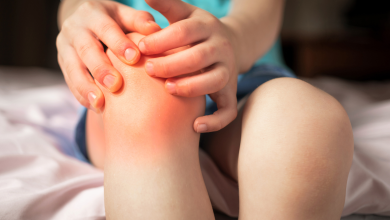Chlamydia Symptoms, Causes, Diagnosis and Treatment
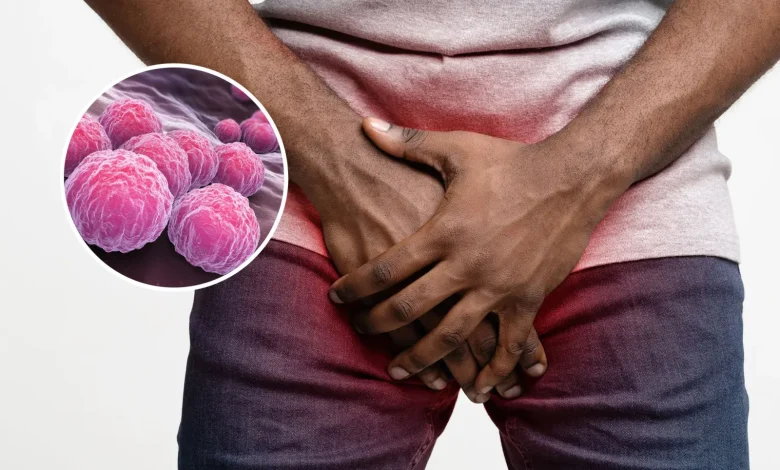
What is Chlamydia?
Chlamydia, a sexual transmitted infected is triggered by bacteria. Both males and females can get Chlamydia while performing anal, vaginal or oral sex with an already infected individual. Normally, it does not tend to cause any visible symptoms however, when it does, one may experience excessive discharge from the penis or vagina or a burning feeling. Chlamydia infects your urinary tract.
Moreover, in females, reproductive system infection may cause pelvic inflammatory disease which can lead problems with pregnancy or even, infertility! In males, it can infect their epididymis (tube which carries their sperm). Such may cause fever and pain.
What are the symptoms of Chlamydia?
Few of its common symptoms include:
- Testicular pain (males)
- Bleeding after intercourse and between periods (females).
- Painful intercourse (females).
- Penis discharge (males).
- Vaginal discharge (females).
- Lower abdominal pain.
- Painful urination.
What causes Chlamydia?
The infection is triggered by bacteria. It spread through anal, oral and vaginal sex. An infected mother can also spread the infection to her newborn baby during delivery. Moreover, the baby is more likely to have a serious eye infection or pneumonia.
What are the risk factors of Chlamydia?
Certain factors that tend to increase the chances of Chlamydia are:
- Already had sexually transmitted infection in the past.
- Performing unprotected sexual activities for example not using a condom.
- Unlimited sex partners or having sexual activities with a partner whose medical history is not known to you.
- If you are below the age of twenty four years.
What are the possible complications of Chlamydia?
Clearly, Chlamydia is linked with:
- Pelvic inflammatory disease.
- Other Sexually transmitted diseases or infections.
- Infection near Epididymitis.
- Prostate gland infection.
- Infection in babies.
- Infertility.
- Reactive arthritis.
How is Chlamydia diagnosed?
A swab test and urine test can help your doctor diagnose Chlamydia.
How is Chlamydia treated?
Treatment of Chlamydia is based on antibiotics. Your doctor can suggest the appropriate antibiotic, days and times you will be taking according to your case. In certain cases, Chlamydia resolves itself within 1-2 weeks.
One must always avoid sexual activities during that time, as you can transfer the infection to your partner as well. Treated Chlamydia does not mean immunity against the infection in future!
Prevention:
There are many preventive measures one must consider in order to prevent Chlamydia. They are as follow:
- Always perform safe sex: a condom can greatly help reducing the chances of infection, though do not guarantee to prevent!
- Limit your sexual partners: in case of having numerous sex partners makes you more likely of contacting not only Chlamydia but many other STIs.
- Regular screening is important: a sexually active person must consult his or her doctor for screening of other STIs and Chlamydia.
- No douching: medically, females should avoid douching as it tends to reduce the amount of useful bacteria present in their vagina, as a result, make them more likely to get infected.
By : Natural Health News

